Social Media Giants and Copyright: Instagram’s Ninth Circuit Win Sets Precedent Against Photographers
The IP Law Blog
AUGUST 17, 2023
By: Weintraub Tobin Summer Associate Josh Concepcion The Ninth Circuit recently revisited the issue of “embedding” content by a website and its implication for copyright infringement claims. On July 17, 2023, the Ninth Circuit issued its opinion in Hunley v. The concept of “embedding” content is not a new phenomenon.

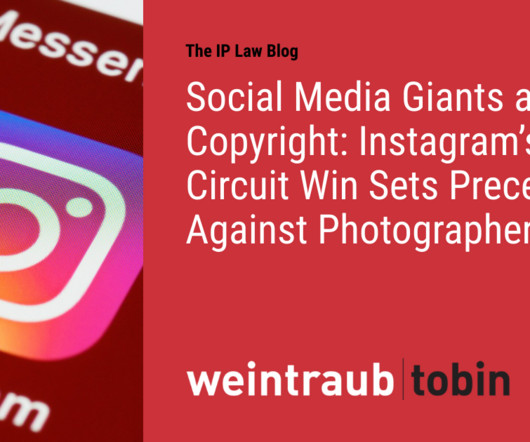
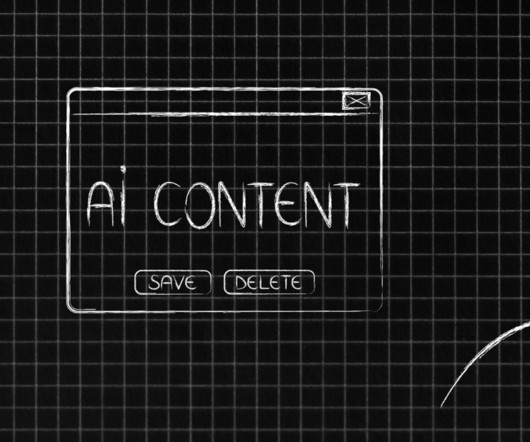
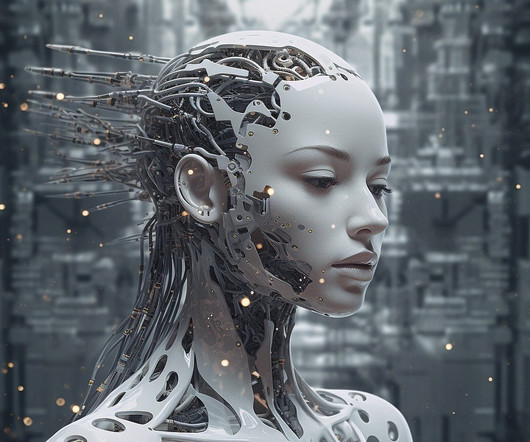
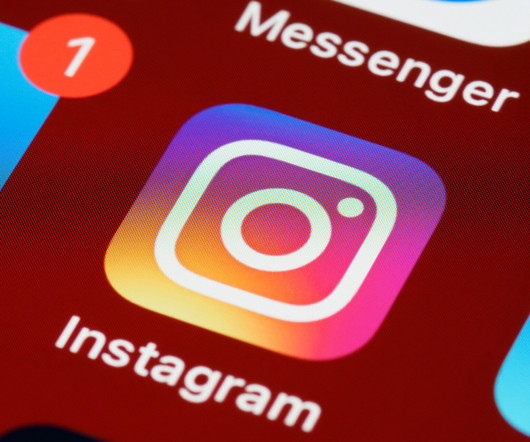
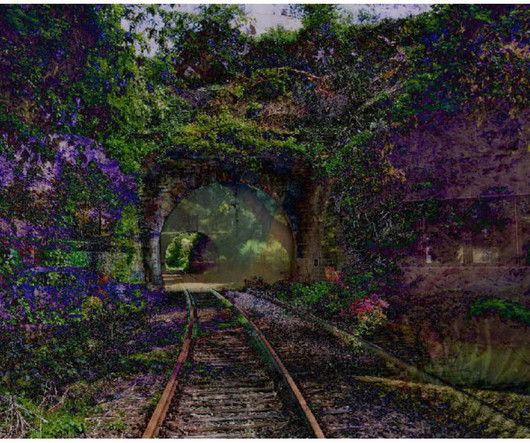






Let's personalize your content